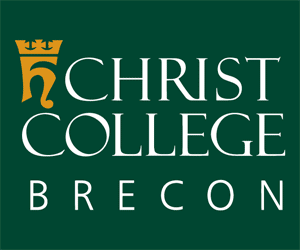Encouraging Girls Into STEM Subjects
It’s STEM Week across the UK, so many of our children will be taking part in fun experiments and learning new things in the fields of science, technology, engineering and maths.
According to recent figures, only 12% of the workforce in STEM industries is female. We could go into details about why that might be, but it is perhaps more useful to look at how we as parents might encourage our daughters to study STEM subjects. After all, they may well find that they have a natural interest and ability in a subject previously thought of as "for boys” and could well go on to achieve great things in that area.
Here are some ideas to help encourage girls into STEM subjects, for STEM Week or any other week of the year:
- Ask questions and encourage curiosity. You can begin to foster an interest in STEM from a young age by encouraging curiosity. Asking questions like "why do you think it does that” or "how do you think they’ll fix that” can encourage your daughter to consider potential answers.
- Get out and about. If there is a building site locally, go along and watch what’s going on. Watch buildings, bridges or anything else being built and consider the design process. Similarly, a building being demolished can be a great source of inspiration.
- Learn through play. Building blocks such as Lego can be a great way to learn about structures and how things will work together. This can begin from a young age, but the beauty of these things is that children can continue to learn with more complex structures as they grow.
- Do your own at-home science experiments. Have you ever made a volcano with a fizzy drink and sweets? Now is the time to give it a go! There are lots of resources online to help you come up with good ideas for experiments which will encourage children to think about what is happening, and may encourage them to try other things.
- Visit science museums. The most obvious would be in London, but there are other science museums around the country, as well as centres set up around specific figures such as the Brunel Museum at Rotherhithe.
- Don’t be afraid to say "I don’t know.” It can be trying when children ask us questions - especially when we haven’t an idea of the answer. But we should still encourage these questions, and get used to saying "I don’t know, but let’s find out.” We can then work together with our children to find the answer, in books or online. Scientists and engineers are essentially people whose job it is to ask questions, and then work to find the answer.
- Use websites and apps. There are lots of site and apps these days which will help with STEM subjects. These range from simple games for younger children to resources which help children learn to code.







